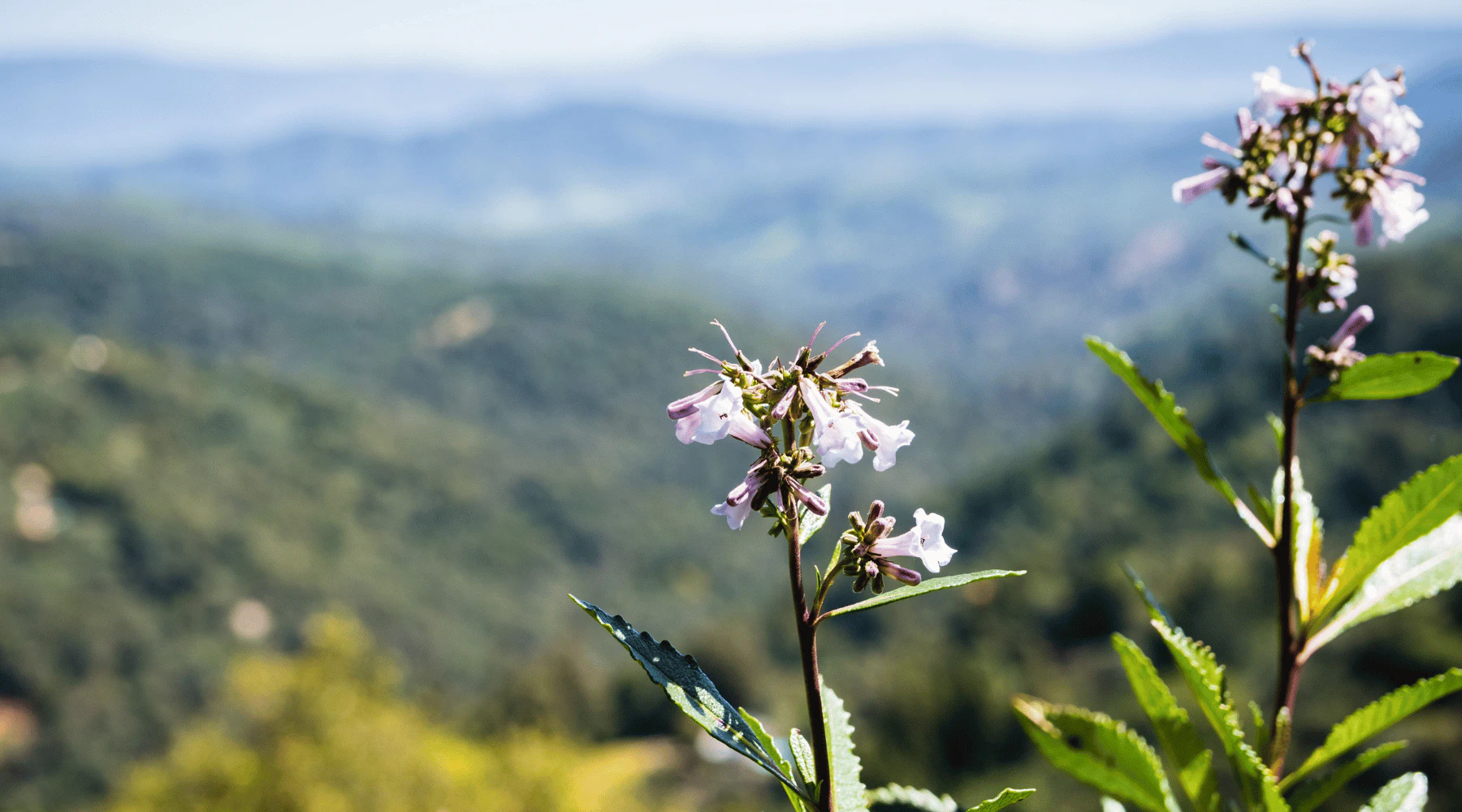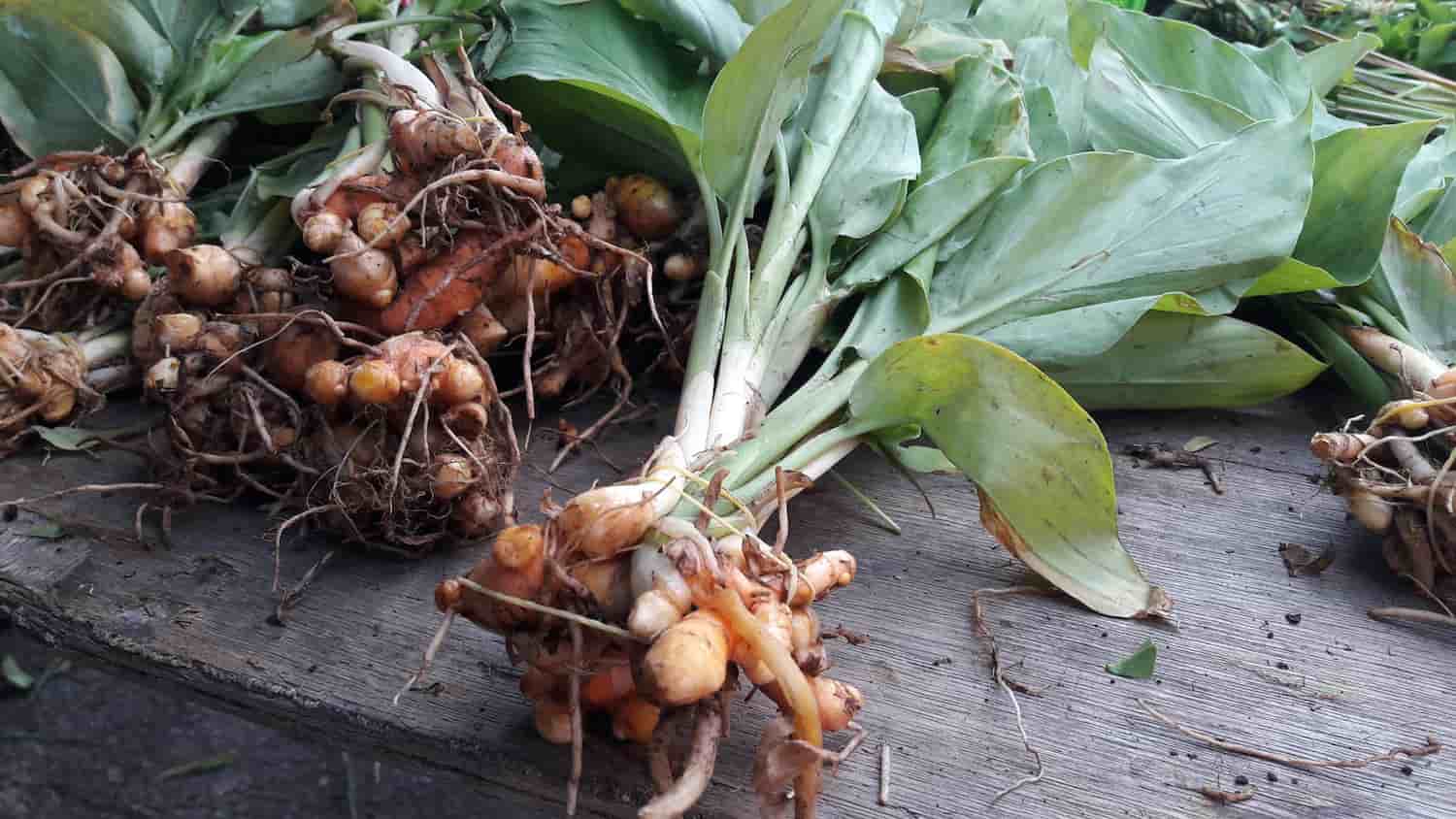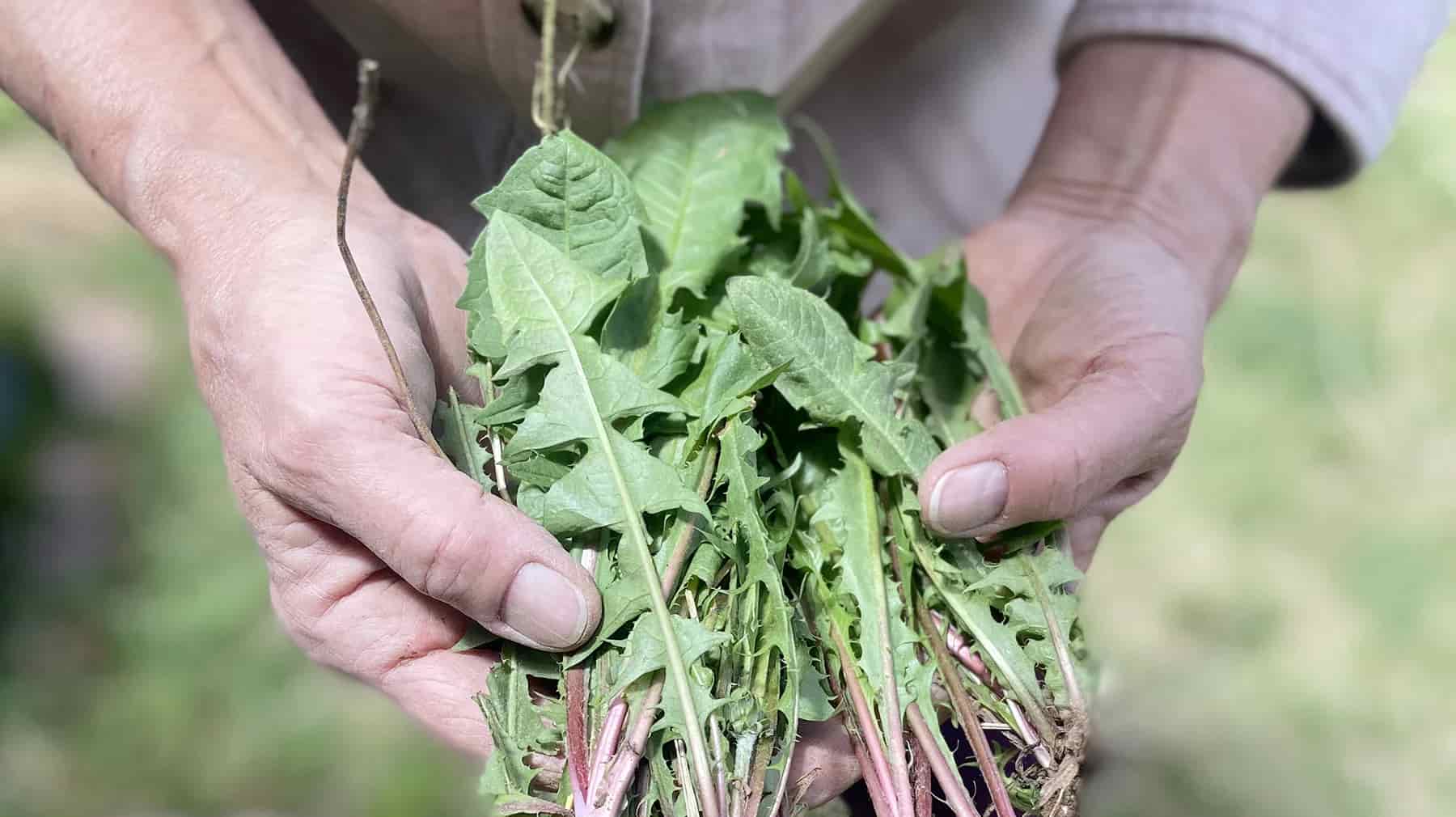It's hard to find another flower that has captured hearts and minds more than Rose (Rosa spp.). It has inspired mystics and poets alike and has been revered for thousands of years for its fragrance and beauty. It is known as the Queen of Flowers and was believed beloved by Venus and Aphrodite and is a symbol of love.
There are over 100 known species of rose. Once native to Europe, North America, Central Asia and North Africa, it is now grown throughout the world in countless cultivars, making it impossible to know exactly how many different types of roses exist today.
Beyond its beauty and fragrance, Rose has also been valued for its medicinal properties throughout the ages. The Greeks drank a Rose wine as a tonic and Pliny lists thirty-two different medicines prepared with roses. In the 16th century, distillation techniques were developed in Persia to extract the pure essential oils and these were also quickly adopted for medicinal use. Rose still plays an important role in aromatherapy and herbalism today. The species most used for its health benefits are R. damascena, R. centifolia, R. gallica, and wild roses, such as R. canina and R. virginiana.
Rose helps the body to eliminate wastes and toxins, soothe the digestive tract and even support healthy gut bacteria. Its astringent and cooling properties have been used for inflamed conditions and conditions with excess mucus. Rose is often included in herbal formulas for women. It helps support a healthy menstrual cycle and eases PMS and menopause symptoms.
Some of the lesser-known uses of Rose are its cleansing properties. Traditionally it was used both externally and internally to help fight seasonal discomforts of various types. Modern research is beginning to support this use (Zivkovic, et al., 2015). The leaves and petals are cooling and useful in maintaining optimal body temperature and to ease burns. Rose syrup can be taken to help ease the symptoms of seasonal illness. Rose hip oxymel (vinegar and honey) is can help relieve sore throats.
Rose hips are well known as one of the highest sources of vitamin C, but it doesn't stop there. They are also rich in vitamins A, B, K, flavonoids, and polyphenols. They are naturally high in pectin and make a delicious and delicate jam. Along with the flowers, Rose hips have long been viewed as a tonic and are believed to help build blood in those that are depleted and weak.
Rose infusion and essential oil support the nervous system and have a calming effect, while helping to lift the spirit. It helps ease worried and irritable feelings. Rose is also beautiful medicine for those who have a hard time opening their hearts to the world.
References
- Zivkovic J, Stojkovic D, Petrovic J, Zdunic G, Glamocilia J, Sokovic M (2015) Rosa canina L — new possibilities for an old medicinal herbs, Food and Function, 6(12), 3687-92.
Erin Smith has been working with plants for 25 years and is medical herbalist and ethnobotanist. She is the creator of Plant Passionate Living, an interactive program designed to help people find greater health and vitality through a deeper relationship with plants. Erin is the Founder and Director of the Center for Integrative Botanical Studies.
For educational purposes only. This information has not been evaluated by the Food and Drug Administration. This information is not intended to diagnose, treat, cure, or prevent any disease, or sell any product.
Recommended Products
Further Reading













